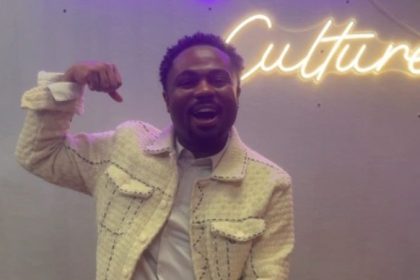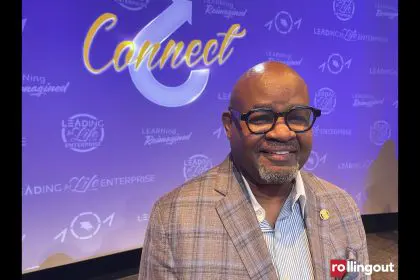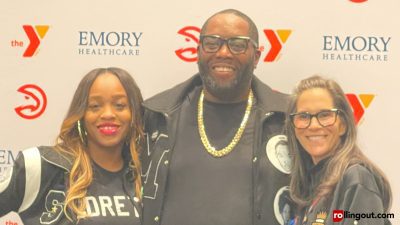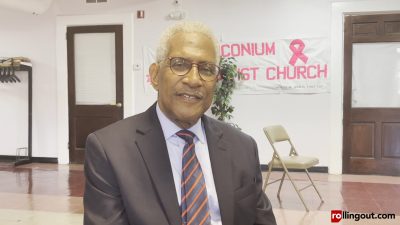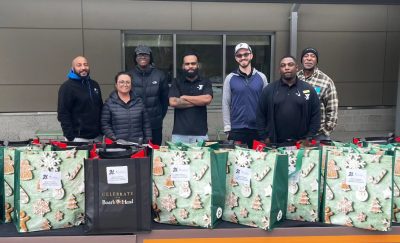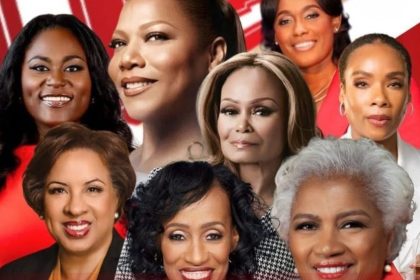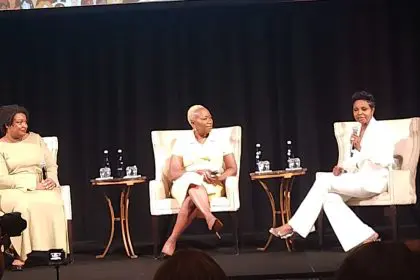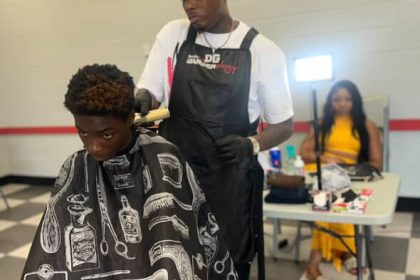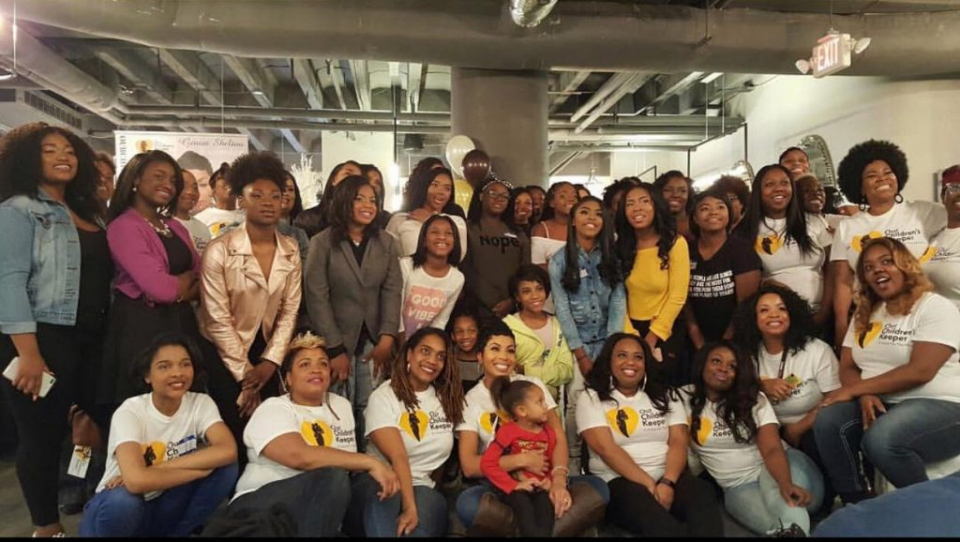
“Married to Medicine’s” newest cast member Genise Shelton is using her platform to do all she can to prevent sex trafficking in one of the largest trafficking hubs, Atlanta.
Read on to find out what Shelton is doing about the sex-trafficking epidemic and why it’s important for the community to get involved.
What does self-care mean to you?
It is very important to me. Even as a little girl, suffering from different insecurities that you deal with. Growing up on the South Side of Chicago, you’re always judged by the color of your skin, unfortunately. So, growing up and trying to fit that stigma, being peer pressured, all those things kind of developed me into where I am now in regards to starting the foundation and why inner beauty is so important. In my foundation, we raise awareness of the child sex-trafficking epidemic that’s going on in Atlanta and across the world. What we do is we help families financially, as far as assisting them with private investigator fees, attorney fees, and sometimes burial costs. With that, we try to really capture the inner beauty essence on the prevention side. So my whole focus is, if we can prevent it from happening, and prevent them from being vulnerable and susceptible to certain risk factors, then that’s something we can do to help strengthen our community.
For people who may not be familiar with sex trafficking, give us a little synopsis of what’s going on right here in Atlanta.
Sex trafficking, for the first part, is someone being taken against their will and exploiting them through different sex acts. What’s going on here in Atlanta, and why Atlanta is such a major hub, is due to the fact that we’re growing so fast here. We have the largest international airport in the country and a huge entertainment district. People think that sex trafficking is always like a third-world country issue. No, it’s not. It’s going on right here in Cobb County, right here in Dekalb County, right here in Fulton. It’s going on right here and they’re taking our kids as young as 10 years old. I’ve seen them as young as 5 years old, that are being taken and kidnapped and being groomed to be victims and to be traffickers.
One young lady I know very well, she was not only a victim of sex trafficking at the age of 17, she did that for a couple of years, being forced to do it. Then she was like you know what, I see how much these pimps are making off of me. They’re making so much money off of me, so she decides to become a trafficker herself. Now she has turned her life around and now she’s an advocate for children and her story is so profound, I’ve learned so much by listening to her and going through those transitions of just being a trafficker, victim of a trafficker, and now an advocate. These pimps are making over $35,000 a week trafficking and selling out children’s innocents. This is a 90-million-dollar industry.
Describe the typical life of a sex trafficked victim. A lot of times people think victims are so far removed that you don’t see them, but I know it can also be someone that you’re sitting right next to in class. So describe that.
We used to think a sex trafficked victim, you would be able to tell by the way that they look or you would think that they came from a dysfunctional home where the dad wasn’t there or the dad was on drugs, the mom was on drugs, latchkey kids, abandoned. What we’re finding now in the research is that we have kids that come from middle-class homes, where mom and dad are in the household — every single day. [They] are not on drugs, [they are] viable citizens, and their kids are falling prey. The reason is that we live in a society where [people seek] instant gratification.
So, what would you say is your call to action for others?
My biggest thing is awareness. What I’m finding is that when I have these conversations, people don’t know a lot of these things. This is our home, this is our community, these are our children, and it’s just kind of like the hashtag #StayWoke. You have to understand that, you have to believe that. We have to become better parents, better stewards, better community leaders, better activists for our children. Our children are depending on us, we have to become advocates for them. No one else cares for our kids. We have to. Just because I didn’t birth your child, [that doesn’t mean I don’t] have to look after your child. That is the true definition of a village that I’m preaching and I’m so passionate about.

